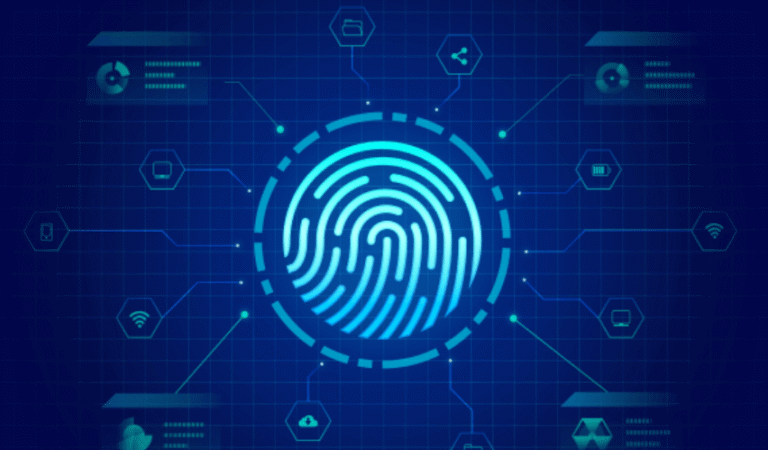How Blockchain Is Enhancing Data Security
Blockchain technology represents a significant advancement in data security protocols. Its decentralized architecture reduces vulnerabilities associated with centralized data storage. By distributing information across a network of nodes, it minimizes risks related to unauthorized alterations and single-point failures. This foundational shift in data management raises critical questions about its implications for various industries. How will these changes influence the future of digital transactions and trust in data integrity?
Understanding Blockchain Technology
Blockchain technology represents a transformative approach to data storage and transaction verification.
At its core, blockchain fundamentals rely on decentralized networks, ensuring transparency and immutability. Consensus mechanisms, such as proof of work or proof of stake, facilitate agreement among participants, thereby enhancing trust without central authority.
This decentralized architecture empowers individuals, promoting a system where freedom and security coexist harmoniously in digital transactions.
See also: How Blockchain Is Disrupting the Financial Sector
Key Features of Blockchain That Enhance Data Security
Decentralization stands as a pivotal characteristic that fundamentally strengthens data security within blockchain systems.
By distributing data across a network of nodes, blockchain ensures robust data integrity, reducing the risk of single-point failures or unauthorized alterations.
This decentralized storage approach enhances resilience against cyber threats, empowering users with greater control over their data while fostering an environment of transparency and trust.
Real-World Applications of Blockchain in Data Protection
As organizations increasingly seek to safeguard sensitive information, the adoption of blockchain technology has emerged as a compelling solution for data protection.
Real-world applications include secure transactions in financial services and robust identity verification systems in healthcare.
Future Prospects of Blockchain in Securing Information
While the potential of blockchain technology continues to unfold, its future prospects in securing information appear particularly promising.
Decentralized identity solutions are expected to enhance user autonomy and privacy, facilitating secure transactions across various platforms.
This paradigm shift may redefine data ownership, empowering individuals while mitigating risks associated with centralized systems.
Ultimately, blockchain’s innovative framework could establish a new standard for information security.
Conclusion
In conclusion, blockchain technology stands as a digital fortress, guarding data integrity and security through its decentralized architecture. By distributing information across a network of nodes, it minimizes vulnerabilities and enhances user control over personal data. As industries increasingly adopt blockchain solutions, the potential for fortified data protection continues to expand, promising a future where trust and security in digital transactions are not merely aspirations but established realities. This evolution heralds a transformative shift in information security standards.






